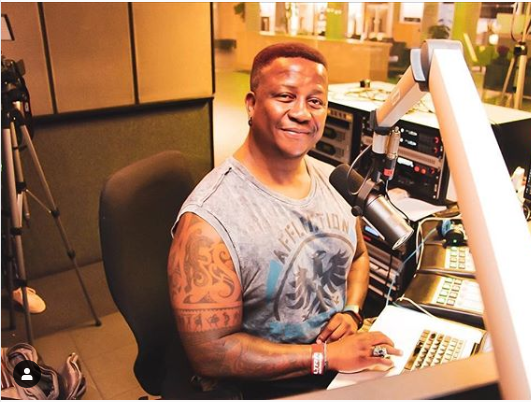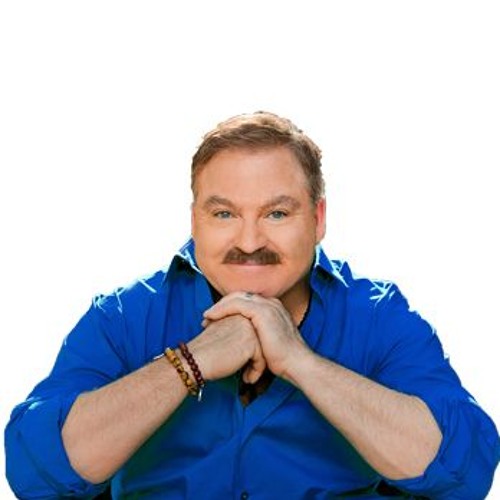


I said, for that kind of money you can call me what you like, mate".

The programme had originally been intended for another presenter who had pulled out of the deal at the last moment, the jingles and pre-launch publicity could not go to waste continuing under the name "Tommy Vance", "The station asked if I would take the name as they had already made the jingles for him. Moving to Vancouver in pursuit of his first wife, Fern, in 1964, he joined KOL Seattle as its prime drive-time jock. He joined the Ulster Bridge Repertory Company, run by the actor James Ellis, as a stage manager. Unable to find an opening in British radio he enrolled at a Northern Irish college, becoming a part-time actor/stage hand. When Vance returned to the UK, he worked as a mechanic for a jukebox company so that he could hear music for free. He had been brought up on the British broadcasting of the 1950s and, like a number of his contemporaries, fell in love with the brash sound of American commercial radio. It was while docked in New York, listening to US radio, that Vance first toyed with becoming a disc jockey. He joined the merchant navy in 1956, aged 16, as a cabin boy. Early life īorn Richard Anthony Crispian Francis Prew Hope-Weston in Eynsham, Oxfordshire, on 11 July 1940, his grandmother owned a travelling repertory company, his father was an electronics engineer, and his mother a former singer and dancer.Įxpelled from school at 15 for truancy, Vance got his first job as trainee manager at the Hyde Park Hotel, London. His voice was heard by millions around the world announcing the Wembley Stadium acts at Live Aid in 1985. He used a personal tag-line of "TV on the radio". The Friday Rock Show that he hosted gave new bands airtime for their music and fans an opportunity to hear it. Vance was one of the first radio hosts in the United Kingdom to broadcast hard rock and heavy metal in the early 1980s, providing the only national radio forum for both bands and fans. He was an important factor in the rise of the new wave of British heavy metal (NWOBHM), along with London-based disc jockey Neal Kay, in the late 1970s and early 1980s. Richard Anthony Crispian Francis Prew Hope-Weston (11 July 1940 – 6 March 2005), known professionally as Tommy Vance, was an English radio broadcaster. Satellite and internet radio DJs, without a local audience to engage, focus almost exclusively on music and talk.Top of the Pops, Dumber and Dumber, The 11 O'Clock Show, The Nightfly and The Friday Rock Show (VH1) More production work often takes place after the shift ends. Shift lengths vary, but DJs are often on air for three to five hours, during which time songs are interspersed with weather reports, listener requests, contests, on-air promotions for concerts and events, and radio banter. In broadcast radio, a typical workday often begins a couple of hours before going on the air with show preparation at the station: checking the charts, news, and social media to see what's trending recording commercials and on-air promotions and scheduling music and talking points. The exception is college and independent radio DJs, who are likely to curate all of the music in their segments.īecause the work is broadcast live, terrestrial radio DJs need to be able to think on their toes, remain calm under pressure, and multitask. Today, however, most commercial radio stations use music playlists, which are selected by the music director or program director and tend to be heavily based on market research rather than personal taste.Īs a result, the role of the commercial DJ has shifted away from music curation and toward hosting themed segments of storytelling, music discussion, current events, journalism, and more. Once upon a time, radio DJs were influential tastemakers in the music industry who chose all of the music for their own shows and could break an act into the mainstream with a few spins of the turntable.


 0 kommentar(er)
0 kommentar(er)
